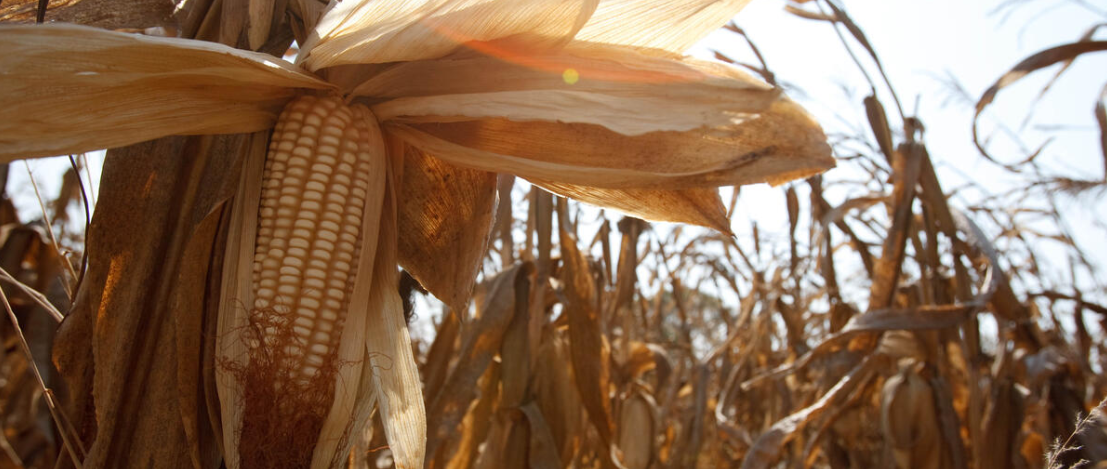In January, the FAO food price index fell again, led by the prices of wheat and corn
In January, the international indicator of the price of food raw materials continued to decrease – even if to a small extent – read today’s announcement of the Food and Agriculture Organization of the United Nations (FAO). The price of cereals and meat decreased, which offset the increase in the price of sugar.

©FAO/Olivier Asselin
The FAO food price index – which tracks the monthly price changes of the most important food commodities in international trade – thus ended in January 1% lower on average compared to December and 10.4% lower than the level of a year ago.
The cereal price index decreased by 2.2% since December. Global wheat prices fell in January due to strong competition among exporters and the arrival of recently harvested stocks in southern hemisphere countries. Corn prices fell, reflecting improved production conditions and the start of the Argentine harvest, as well as higher supply from the United States. In contrast, rice prices rose 1.2% in January, driven by strong export demand for higher-quality Indica rice from Thailand and Pakistan, as well as surging Indonesian demand.
Related news
FAO food price index falls for five months
🎧 Hallgasd a cikket: Lejátszás Szünet Folytatás Leállítás Nyelv: Auto…
Read more >Corn 2026: soil moisture and hybrid choice may decide the season
🎧 Hallgasd a cikket: Lejátszás Szünet Folytatás Leállítás Nyelv: Auto…
Read more >FAO food price index fell further in December
🎧 Hallgasd a cikket: Lejátszás Szünet Folytatás Leállítás Nyelv: Auto…
Read more >Related news
(HU) Átadták a SIRHA Budapest 2026 Innovációs Termékverseny díjait
🎧 Hallgasd a cikket: Lejátszás Szünet Folytatás Leállítás Nyelv: Auto…
Read more >How does the forint exchange rate affect consumer prices?
🎧 Hallgasd a cikket: Lejátszás Szünet Folytatás Leállítás Nyelv: Auto…
Read more >HELL CITY has arrived, led by Michele Morrone
🎧 Hallgasd a cikket: Lejátszás Szünet Folytatás Leállítás Nyelv: Auto…
Read more >









